Sewing is an age-old craft that has been passed down through generations. It involves joining fabric pieces together with stitches to create garments, accessories, and other items. There are various types of sewing, ranging from hand-sewing to machine-sewing. While advanced sewing tools and machines have made their way into the market, there are still many simple sewing tools that are essential for any sewing project.
Hand Needles
Hand needles are a staple in any sewing kit. They come in different sizes and shapes, each suitable for specific sewing tasks. Some common types of hand needles include sharps, betweens, embroidery needles, and darning needles. Sharps are long with a sharp point, perfect for general sewing. Betweens are shorter and thicker, ideal for quilting and heavy fabrics. Embroidery needles have a larger eye, making it easier to thread them with thicker embroidery threads. Darning needles are long with a blunt point, used for mending and embroidery.
Thread
Thread is the most basic sewing material. It is a tightly twisted strand of yarn or other materials used to sew, stitch, or embroider fabrics. There are different types of sewing thread, including cotton, polyester, and silk. Cotton threads are ideal for general sewing, while polyester is durable and perfect for heavy-duty sewing. Silk thread is used for delicate fabrics and embroidery. Always choose the appropriate thread for your sewing project, as using the wrong type can lead to breakage or damage to your final product.
Measuring Tools
Precision is crucial in sewing, and that’s why measuring tools are necessary. A flexible tape measure is widely used for body measurements and taking the dimensions of fabric pieces. Rulers and seam gauges come in handy when measuring and marking seams for accuracy. Fabric chalks are perfect for marking lines and patterns on fabrics. Pins and pin cushions are also useful for holding fabric pieces in place while sewing.
Sewing Scissors
Sewing scissors are one of the most essential sewing tools. They come in different sizes and shapes, each designed for specific tasks. Dressmaking scissors are longer with large finger loops while embroidery scissors are smaller and sharper for precision cutting. Paper scissors, although not traditionally considered as sewing tools, are still crucial when cutting out patterns or tracing designs.
Sewing Machine and Accessories
A sewing machine is a valuable investment for any sewing enthusiast. It enables you to stitch fabrics at a faster rate and with a more professional finish. However, a sewing machine can only work effectively with the necessary accessories, such as sewing machine needles, presser feet, and bobbins. These tools ensure smooth operation and optimum stitching results.
Sewing Storage and Organization
Sewing projects often involve a variety of tools and materials, so it is vital to have proper storage and organization in place. A sewing box or basket is ideal for keeping all your sewing tools in one place, making it easier to access them. Thread organizers, pin cushions, and storage boxes are also helpful in keeping your sewing area neat and tidy.
In conclusion, simple sewing tools are the backbone of any sewing project. They not only make the process easier but also ensure that the final product is of high quality. So whether you are just starting your sewing journey or have been sewing for years, these fundamental tools will always remain essential.
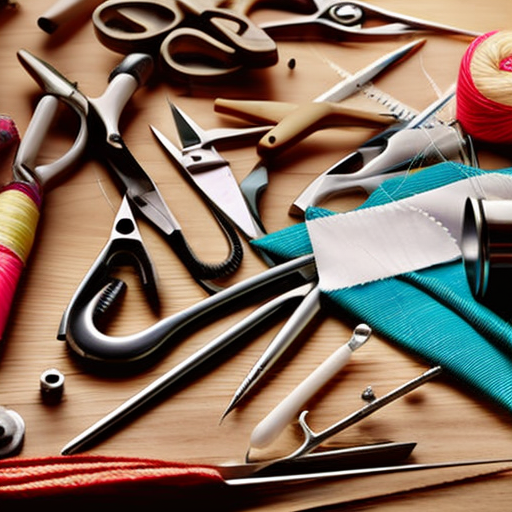
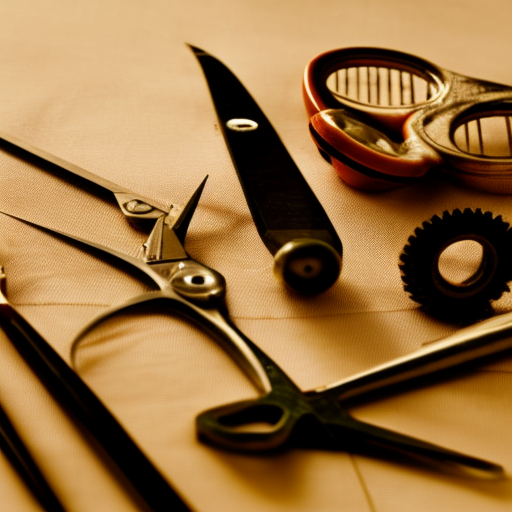
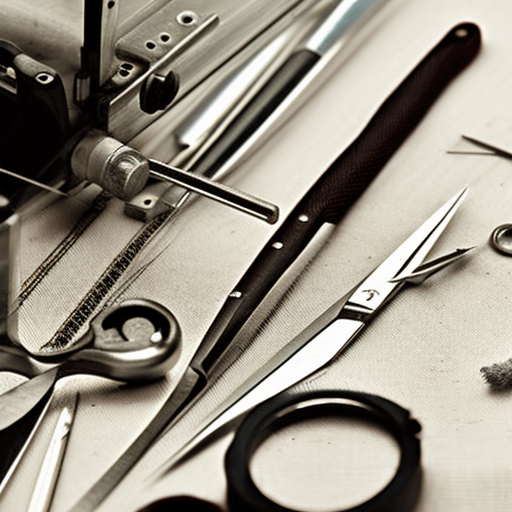
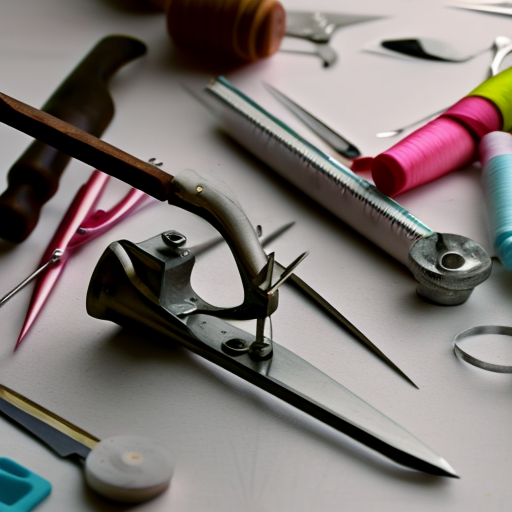
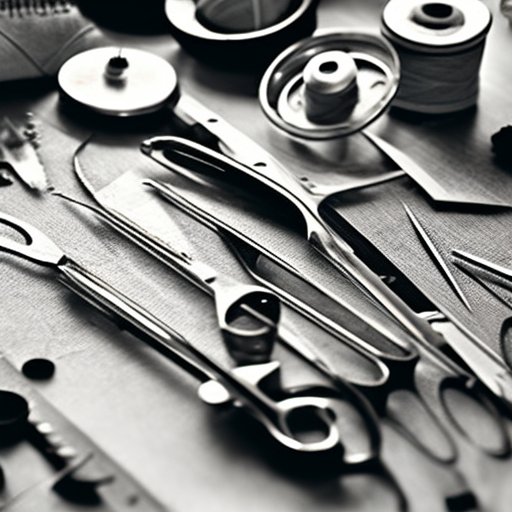
Great article! A fantastic resource for anyone looking to get into the world of sewing!
Super helpful info – thank you for sharing!
This is a really helpful post for anyone looking to expand their sewing skills! An invaluable resource for any level of sewist.